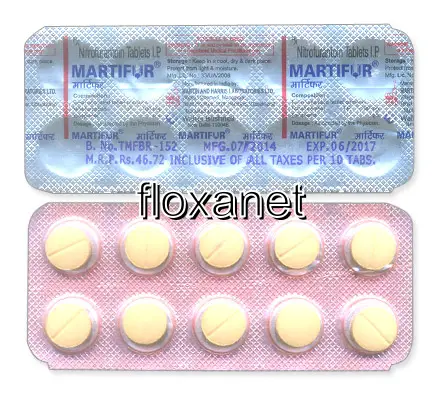| Package | Dosage | Price | Price per Dose | |
|---|---|---|---|---|
| Dosage: 50mg | ||||
| 360 pill | 50mg | $424.71 | $1.18 | |
| 180 pill | 50mg | $219.29 | $1.22 | |
| 120 pill | 50mg | $165.16 | $1.37 | |
| Dosage: 100mg | ||||
| 360 pill | 100mg | $299.79 | $0.83 | |
| 180 pill | 100mg | $174.87 | $0.97 | |
| 120 pill | 100mg | $136.01 | $1.14 | |
| 90 pill | 100mg | $112.41 | $1.25 | |
| 60 pill | 100mg | $81.88 | $1.37 | |
| 30 pill | 100mg | $48.57 | $1.62 | |

Nitrofurantoin Monohydrate Description
Overview of Nitrofurantoin Monohydrate
Nitrofurantoin Monohydrate is a well-known medication primarily used to treat urinary tract infections (UTIs). It belongs to the class of antibiotics called nitrofurans, which are effective against a wide range of bacteria commonly responsible for UTIs. The drug is formulated as a monohydrate salt, enhancing its stability and absorption in the body. It is generally prescribed by healthcare professionals for both uncomplicated and complicated urinary infections, particularly when the causative bacteria are susceptible.
How the Medication Works
Nitrofurantoin Monohydrate works by delivering reactive molecules that interfere with bacterial enzyme systems and damage bacterial DNA. This action inhibits bacterial growth and reproduction, leading to the eradication of the infection. Unlike some antibiotics, Nitrofurantoin tends to concentrate in the urinary tract, which makes it especially effective for localized infections within the bladder and lower urinary system. Its targeted activity helps minimize effects on bacteria elsewhere in the body, reducing the risk of widespread bacterial resistance.
Advantages and Effectiveness
Many users find Nitrofurantoin Monohydrate effective in quickly alleviating symptoms such as pain, burning sensation, and frequent urination. Its rapid onset of action can bring relief within a few days of starting therapy. The medication’s high urinary concentration means it is particularly potent against common urinary pathogens, including Escherichia coli, which accounts for most UTIs. Additionally, it is often preferred for its relatively low resistance rate among bacteria compared to other antibiotics.
Possible Side Effects and Precautions
Like any medication, Nitrofurantoin Monohydrate can cause side effects. Common issues include nausea, headache, and gastrointestinal discomfort. Some users may experience dizziness or allergic skin reactions. In rare cases, it can cause pulmonary symptoms such as cough or chest pain, especially with prolonged use. It is important for patients with impaired kidney function or certain pre-existing health conditions to consult with a healthcare professional before starting treatment. Regular monitoring may be necessary for long-term use to avoid potential complications.
Usage Guidelines and Recommendations
The medication is typically prescribed as a course of several days, with dosages varying based on the severity of infection and patient-specific factors. It is essential to complete the entire course of therapy, even if symptoms improve before finishing the medication. Taking Nitrofurantoin Monohydrate with food can help reduce gastrointestinal side effects and improve absorption. Patients should adhere strictly to the prescribed dosage and schedule and inform their healthcare provider of any adverse reactions or unusual symptoms.
Conclusion
Nitrofurantoin Monohydrate remains a reliable and effective choice for treating urinary tract infections. Its targeted action, combined with a favorable resistance profile, makes it a valuable part of infectious disease management. Proper use, awareness of potential side effects, and consultation with healthcare professionals can enhance safety and treatment outcomes for patients. While it offers significant benefits, careful consideration of individual health status is necessary to ensure optimal use of this medication.